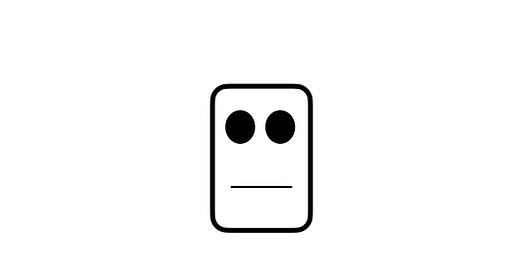Internet doyenne Mary Meeker thinks that AI is different from every other tech revolution we’ve experienced.
While this should be a “water is wet” kind of observation, it isn’t, at least for anybody who likes to compare AI adoption and its effects to, say, the invention of spinning jennies or telephones.
AI is coming faster, more widely for more uses, and with ever-increasing capabilities at ever-lowered usage costs than anything we’ve seen before.
Ms. Meeker says “unprecedented” a lot in her report, which was issued last week and you can read here (it’s an awful PowerPoint).
Slide 32 gets to the juicy stuff: Top Ten Things AI Will Likely Do in Five Years, Per ChatGPT lists attributes such as “Understand & speak like a human” and predicts that LLMs will operate robots, serve as personal assistants, conduct scientific research, and handle various corporate functions autonomously.
In ten years, it’ll pretty much be able to run the world.
Ms. Meeker’s report shares a lot of turgid details on the massive AI research and investment underway in pursuit of these outcomes, which is also unprecedented when you think of other “big” projects, like building the nuclear bomb or curing cancer.
A collection of scientists and corporate types have decided that inventing AI that can run the world in a decade or so is the most important thing humanity could ever choose to do. Politicians are scared to question or inhibit it. Investors are rewarding it, even if companies can’t (or won’t) attach specific cost reductions and/or profit increases based on its use.
And even though nobody…and I mean nobody…can say anything about what we walking bags of water will do in a world run by AI other than default back to that “it’s just another new technology” argument and quip that we won’t know all the miraculous benefits until they miraculously appear.
So, where’s the concurrent and equally massive planning and development project to define the work and life opportunities for those of us who don’t own or profit from AI? What are governments, schools, even religions doing to at least prepare to respond to whatever unprecedented things occur?
Crickets.
I don’t understand it.
Ms. Meeker can produce a 340-slide presentation that explains how massively AI is going to hit our collective heads, yet nobody can get their heads around to plan for what we should do about it…
…or whether or not we even want to roll the dice on this massive and unprecedented upheaval of our lives.
I’m still waiting for that slide presentation.





You're right. The silence exists because acknowledging mass AI unemployment forces an uncomfortable question: what happens to capitalism when most people can't earn a living through work? The system's core promise has been that markets create enough jobs for everyone willing to work. But AI threatens that entire premise. If human labor becomes largely unnecessary, we either need massive wealth redistribution (challenging capitalist principles), accept that most people become economically irrelevant (politically unsustainable), or artificially limit AI to preserve jobs (competitively disastrous). None of these options fit existing political frameworks. So instead we get vague talk about "retraining." This isn't really about technology. It's about whether capitalism can survive its own success. That's a conversation those in power would rather avoid.